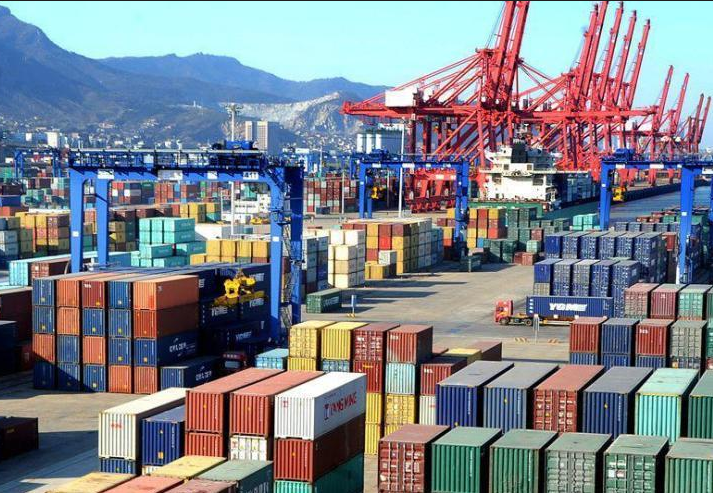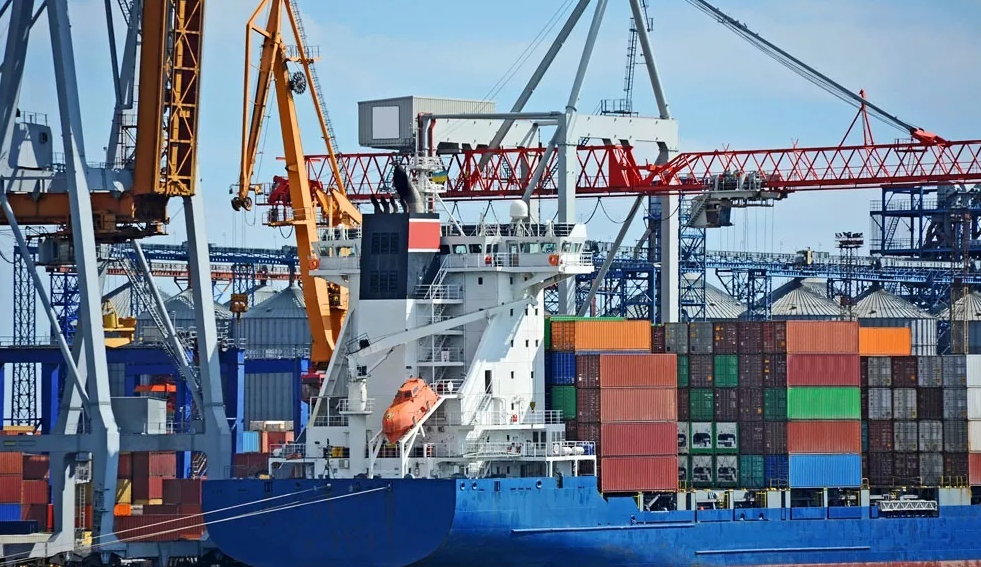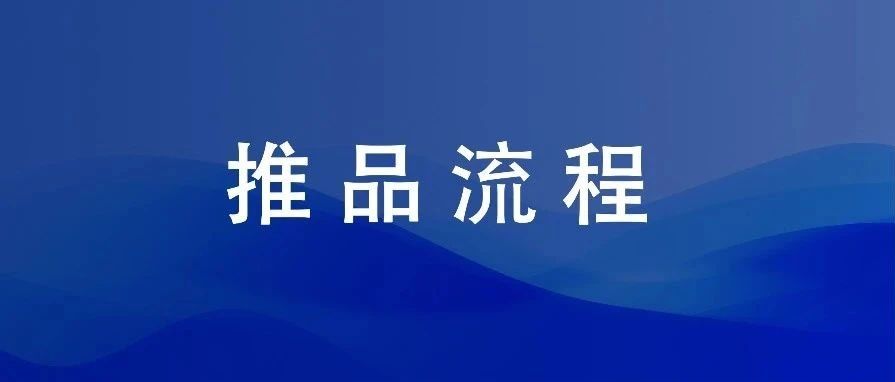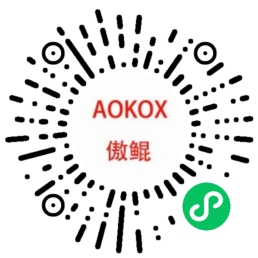解读船运CY-FO条款(承运人负责运至卸货港但不负责卸货)
CY-FO是指船公司将货物从装货港运输到卸货港,但不负责卸货的条款。在这种情况下,承运人只需要将货物安全地运输到卸货港口,并将其交给收货人或其代表。收货人需要自行负责卸货和清关手续等事宜。
相对于费用转移,CY-FO更多的是一种责任转移。承运人将货物运输到卸货港口并将其交给收货人或其代表后,其责任就结束了。货物的卸货和清关等工作由收货人自行负责,因此这种条款对承运人的责任有所限制。
但是,这并不意味着费用也会转移给收货人。在CY-FO条款下,收货人仍然需要承担卸货和清关等费用。
以下是详情解释
The term CY-FO stands for "Container Yard/Free Out". It is a shipping term that indicates that the carrier is responsible for the transportation of the container from the container yard at the origin port to the container yard at the destination port. “CY-FO”代表“集装箱堆场/免费出货”。这是一个航运术语,表示承运人负责从起始港的集装箱堆场运送集装箱到目的港的集装箱堆场。The CY-FO term is often used for shipments of FCL (full container load) cargo. FCL cargo is shipped in a single container, and the entire container is owned by the shipper. “CY-FO”这个词通常用于全集装箱货物(FCL)的运输。全集装箱货物是在一个集装箱中运输的,整个集装箱由发货人所有。The shipper is responsible for loading the container at the origin port, and the consignee is responsible for unloading the container at the destination port.发货人负责在起始港装载集装箱,收货人负责在目的港卸载集装箱。Noted, the carrier is not responsible for the unloading of the container at the destination port.需要注意,承运人不负责在目的港卸载集装箱。
"CY" stands for "Container Yard". This refers to a place where full containers are stored before they are loaded onto a ship."CY"代表"集装箱堆场",这是在货物装船前,满载集装箱被存放的地方。
So, "CY-FO" means that the seller is responsible for bringing the goods to the container yard and loading them into the container.
所以,"CY-FO"意味着卖家负责将货物送到集装箱堆场,并装入集装箱。
"FO" or "Free Out" means that the buyer is responsible for the cost of unloading the goods at the destination. In other words, the seller covers the transportation and loading costs until the goods are on board the ship. "FO"或"Free Out"意味着买家负责目的地卸货的费用。换句话说,卖家承担运输和装货费用,直到货物装上船。
After that, all the costs and responsibilities are transferred to the buyer, including the unloading of the goods at the destination port.之后,所有的费用和责任都转移到买家,包括在目的港口卸货的费用。
This means that the consignee (the person or company receiving the shipment) is responsible for arranging and paying for the unloading of the container.这意味着收货人(接收货物的人或公司)负责安排并支付卸载集装箱的费用。
The term "Free Out" means that the carrier will not charge the consignee for the unloading of the container. However, the consignee may still be responsible for paying the port fees associated with the unloading of the container.“免费出货”这个词意味着承运人不会向收货人收取卸载集装箱的费用。然而,收货人可能仍需支付与卸载集装箱相关的港口费用。
Here is an example of how the CY-FO term might be used in a shipping contract:这里有一个“CY-FO”术语在航运合同中可能如何使用的例子:
The shipper agrees to load the container at the origin port.
发货人同意在起始港装载集装箱。
The carrier agrees to transport the container from the origin port to the destination port.承运人同意将集装箱从起始港运输到目的港。
The carrier agrees to unload the container at the destination port, but the consignee is responsible for paying the port fees associated with the unloading.承运人同意在目的港卸载集装箱,但收货人负责支付与卸载相关的港口费用。
The CY-FO term is a good option for shippers who want to save money on shipping costs. However, it is important to note that the consignee will be responsible for arranging and paying for the unloading of the container. “CY-FO”对于想要节省运输费用的发货人来说是个好选择。然而,需要注意的是,收货人将负责安排和支付卸载集装箱的费用。
This can be a time-consuming and expensive process, so it is important to factor this into the overall shipping costs.这可能是一个耗时且昂贵的过程,因此,这个因素需要考虑进整体的运输成本中。
Please note that all Incoterms (International Commercial Terms) should be clearly defined and agreed upon by both parties (the buyer and the seller) to avoid any misunderstandings or disputes. 请注意,所有的国际贸易术语(Incoterms)都应该由双方(买家和卖家)明确定义并达成一致,以避免任何误解或纠纷。These terms define who is responsible for the goods at each stage of the transportation process, who pays for each part of transportation, and who bears the risk at each stage. 这些术语定义了在运输过程的每个阶段,谁负责货物,谁支付每部分的运输费用,以及谁承担每个阶段的风险。It's very important in international trade to make sure everyone has the same understanding of these terms to avoid potential legal issues.在国际贸易中,确保每个人对这些术语有相同的理解非常重要,以避免可能的法律问题。
【百运网- DarrenThinker 货代Agent】



















0 回答
默认排序
时间排序
暂无评论,快来发表你的评论吧!